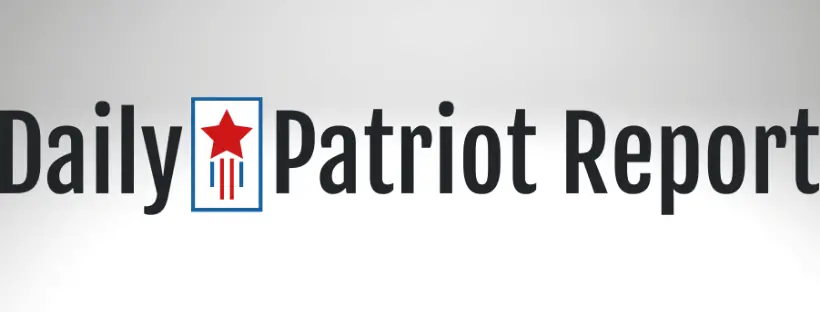In-N-Out Burger customers in California are paying more for their Double-Double and shakes. This follows a new minimum wage law.
The burger chain told KTVU about the price hike. Prices went up the same day as the wage increase.
"On April 1st, we raised our prices incrementally," In-N-Out said. This was to match pay raises for California employees.
FOX Business reached out to In-N-Out for more details.
Starting wages at In-N-Out in California are now $22 to $23 per hour. This is slightly above the new minimum wage.
The minimum wage for large restaurants went from $16 to $20 an hour. This law affects restaurants with 60 or more locations.
Gov. Gavin Newsom signed the law, AB 1228, in September. It became effective on April 1.
Newsom said, "California is home to more than 500,000 fast-food workers." The new law is aimed at giving these workers better wages and conditions.
Customers understand the need for price increases but aren't thrilled. Chris Hachlica, a regular at In-N-Out, noted, "The economy's kind of bad. Food's going up."
A Double-Double meal in San Francisco costs about $13.36 now. In Alameda, it’s a bit under $12.
Back in 2021, a similar meal in Pleasant Hill was just $9.
In-N-Out President Lynsi Snyder fought to keep prices down. "We can’t raise the prices that much," she said in an interview.
Inflation and wage hikes are squeezing both businesses and customers. New inflation data shows a 3.4% rise in May.
Monthly inflation is expected to be at 0.1%, lower than April's 0.3%.
Khalil Coleman, new to Oakland, said, "California prices are a little higher." He was surprised to spend $20 on a meal at In-N-Out.
Coleman bought two meals and noted, "It’s definitely a lot higher and it’s noticeable."
Hachlica is okay with the higher prices as long as they stay under $20. "It's what it is," he said.
The Federal Reserve is expected to keep interest rates steady. They aim to reduce inflation to 2%.
The Fed had raised rates sharply in the past to cool inflation. They are now deciding on future actions as inflation remains high.
